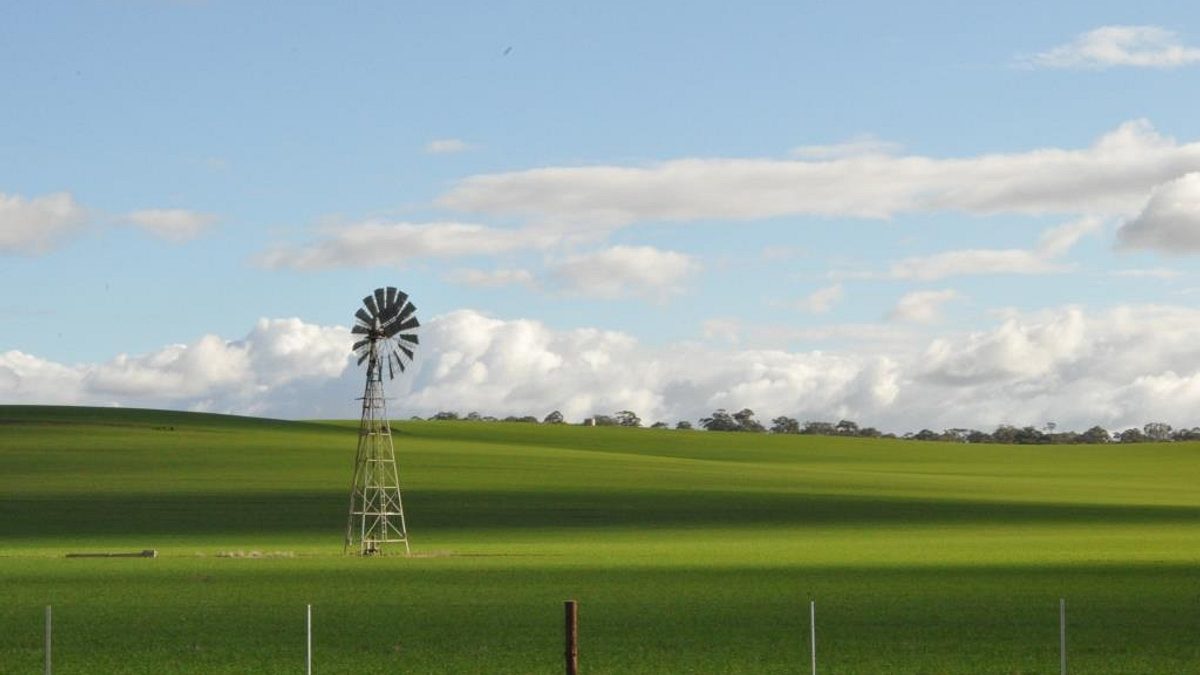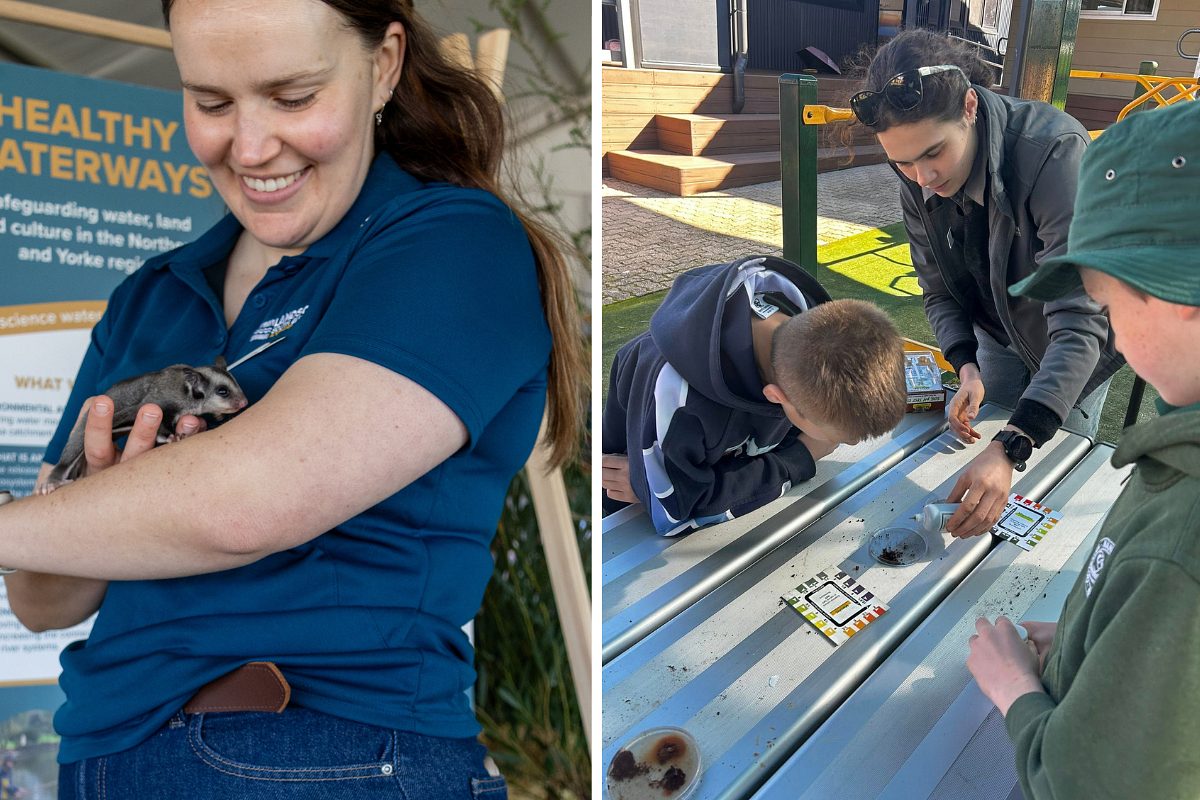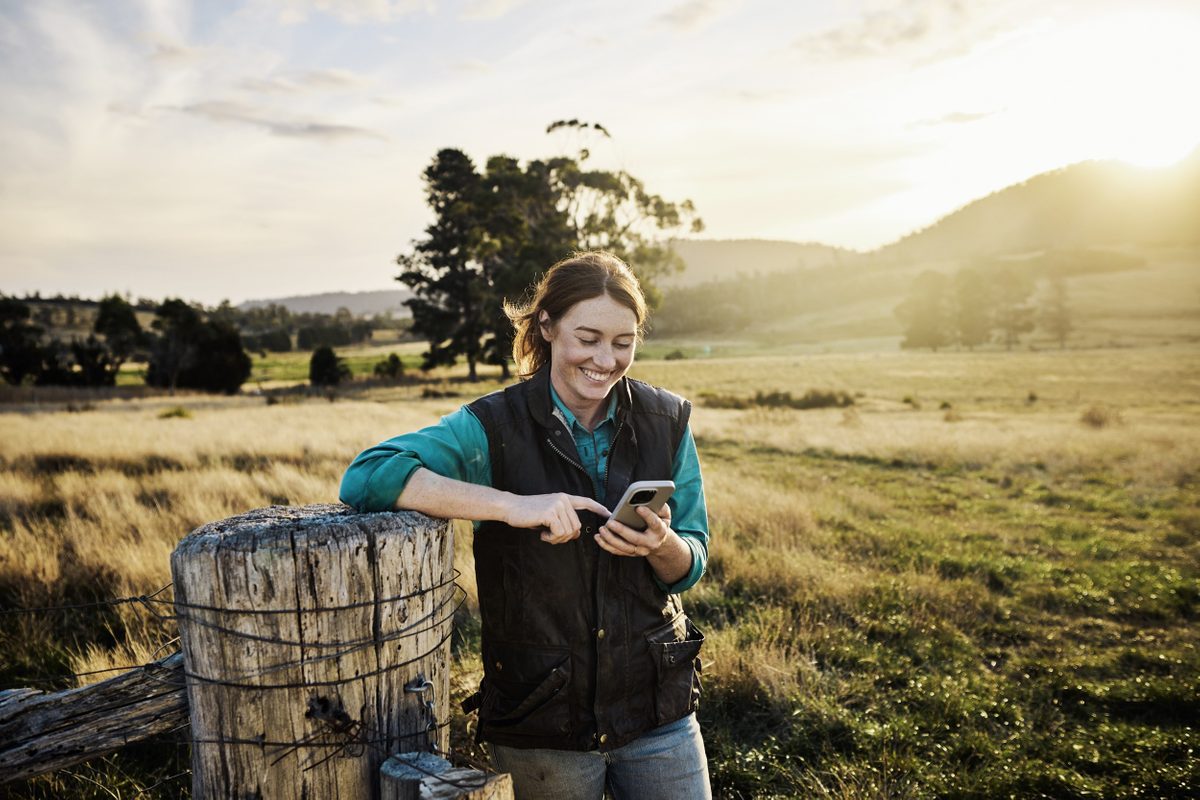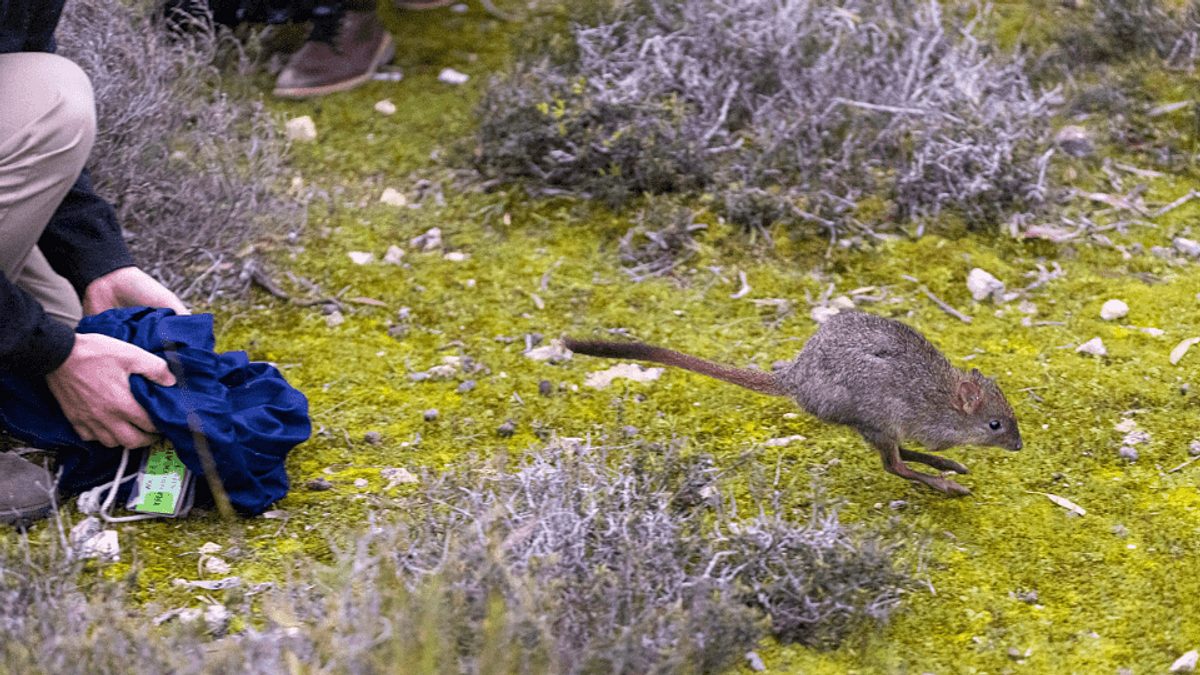Working for sustainable management of kangaroos
Landowners in the Southern Flinders and Mid North area are reporting greater numbers of kangaroos, which are impacting crops, property and native fauna.
With more abundant kangaroo populations, it is timely to remind landholders of the management options available to ensure impacts are minimised or prevented and that kangaroos are harvested in a humane and sustainable manner.
Natural Resources Northern and Yorke Landscape Team Leader Grant Roberts said permit applications can indirectly help to inform and support regional kangaroo management decisions.
"Following due process is not only part of the legal course, but can also lead to changes in management practices," Mr Roberts said.
"Harvest statistics and the extent of non-commercial destruction permits issued may trigger assessment of kangaroo populations and help identify areas that may be suitable for commercial harvest."
Kangaroos of all species are a unique component of the Australian landscape and are protected under the National Parks and Wildlife Act, however the Act does provide for the destruction of kangaroos to mitigate or prevent damage.
In order to manage excessive kangaroo populations, landholders can obtain a Permit to Destroy Wildlife (non-commercial/damage mitigation) or allow Commercial Harvesting on their property.
The non-commercial destruction permit system enables landholders to apply for permits to destroy a specified number of kangaroos when they are causing, or are likely to cause, damage to the environment, stock, crops or other property.
There is no fee for a Permit to Destroy Wildlife. Permits are issued through Natural Resources Centres.
Commercial harvesting is performed by trained, professional field processors across the pastoral and agricultural rangelands of South Australia, in accordance with allocated harvest quotas and strict industry regulation.
"Landholders wanting to remove excessive kangaroos from their land should contact a professional field processor, through one of South Australia’s four meat processors, and complete a consent form permitting a processor to operate on their property," Mr Roberts said.
Landholders play a key role in determining kangaroo populations which can assist with developing appropriate integrated management strategies for wildlife.
Illegal kangaroo culling can attract significant penalties. The Department of Environment, Water and Natural Resources, together with SA Police, will investigate any reports about illegal shooting and breaches of the Code of Practice.
For more information about kangaroo management options, contact the Natural Resources Centre in Clare on 8841 3444 or visit http://www.environment.sa.gov.au/managing-natural-resources/Plants_Animals/Permits_licences/Native_animals_in_the_wild/Permits_to_Destroy_Wildlife



